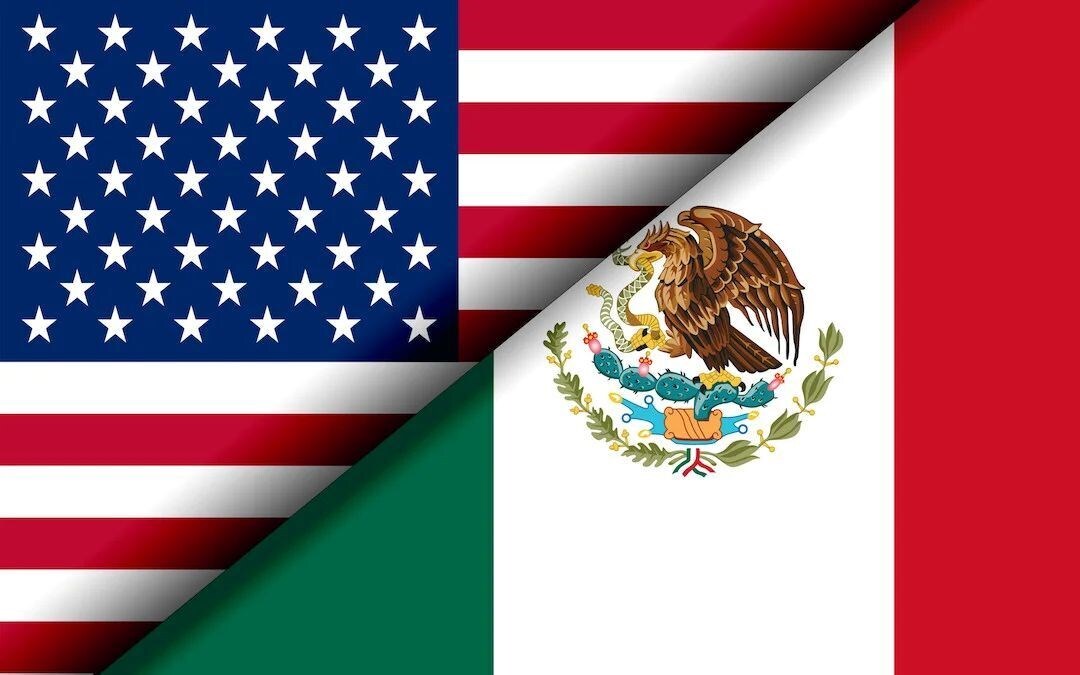您想继续阅读英文文章还
是切换到中文?
是切换到中文?

THINK ALUMINIUM THINK AL CIRCLE

In Ciudad Juárez, a vital manufacturing centre near the Mexican-US border, many companies that mainly cater to the US market have recently made some tough decisions to cut their workforce. These layoffs are primarily linked to the effects of the US administration’s tariff policies, which have thrown a wrench into the usual flow of cross-border trade and production.

Mexico’s statistics office has revealed that Ciudad Juárez has seen a loss of 14,000 jobs in the first half of this year, with the electronics, metal processing and auto parts sectors taking the most brutal hit. Several companies have closed their doors and auto parts manufacturer Lear Corp has moved some of its production to Honduras. Meanwhile, electronics company Lacroix is contemplating leaving the market altogether. Industry associations in the area are warning that about 30 per cent of maquila companies are facing severe operational and financial difficulties.
One business leader feeling the pinch is Thor Salayandia, who heads up a regional business association and runs a metal processing company. He’s had to make the tough decision to reduce his workforce from 80 down to just 20 employees. On top of that, his aluminium and steel products are already facing a hefty 50 percent tariff, leading to some serious consequences for his business.
He commented, “I have a customer in Houston and I made him an offer for USD 20,000. In July I had to call him again: Sorry, because of the new tariffs I have to add USD 10,000. He said: Then I can buy here in Houston, it costs the same.” and as a result, the leader lost its client due to tariff.
Tariff policy hurting Mexico
Tariff threats and regulations are changing at a breakneck pace. Back in March, the US slapped a sudden 25 per cent tariff on goods coming from Mexico and then President Trump escalated things with a threat of a 30 per cent levy. So far, Mexican President Claudia Sheinbaum has been able to stave off these tariffs, but with a 90-day deadline looming at the end of the month, the possibility of new import tariffs from the US is becoming more likely.
Also read: From Beijing to Washington: Is Mexico’s trade shift a strategic move or survival tactic?
Local business owners like Salayandia are really feeling the heat from the Trump administration’s unpredictable tariff policies, which they see as the breaking point for an already struggling economy. Economist Alejandro Brugués from the Colegio de la Frontera Norte in Juárez points out that “many raw materials from China and Southeast Asia are getting pricier because of all the global shifts.” The rising costs of materials and energy are putting a strain on supply chains and companies are also grappling with tougher competition from cheaper Chinese imports.
Organised crime continues to be a significant issue in Juárez, a city that plays a crucial role as a smuggling route for weapons, drugs and people, which has earned it a spot on the list of the world's most dangerous places. Local groups are raising alarms about the increasing unemployment and the scarcity of opportunities, warning that this could bolster the influence of cartels, as those in vulnerable situations may find themselves more easily drawn into their ranks.
Can FTA go against tariffs?
The US-Mexico-Canada free trade agreement, commonly referred to as USMCA or T-MEC in Mexico, was designed to protect businesses from market fluctuations and uncertainties. However, economist Brugués highlights that the agreement does not exempt products from special tariffs and many items have to meet strict criteria to qualify for duty-free status.
The USMCA free trade agreement is set to be revised next year, and negotiations are already in progress. “During the negotiations, we must ensure that tariffs on aluminium, steel and other raw materials are abolished or reduced,” says Brugués. The US is pushing hard with significant tariffs to get more favourable terms in these discussions.
Entrepreneurs in Ciudad Juárez are optimistic that the new tariffs set to take effect in November will bring more certainty to their planning, helping to create a sense of stability and calm in the market, at least until the revised T-MEC agreement is finalised.
Also read: ‘Constructive discussions’ on aluminium tariffs held between Carney and Trump
Responses








